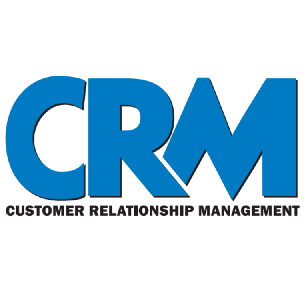It's collaboration software that's dead, not Email

This post was the source of a CRM Magazine article.
Facebook COO Sheryl Sandberg caused quite a stir by stating that email was becoming obsolete. Sandberg drew her conclusion from data on the communication behavior of teenagers, who predominately use SMS and social networking, and extrapolating that this generation will never use email. This is no surprise, since Email has evolved into a communication tool used primarily for business, and teenagers are not in the workforce yet. In ten years when these teenagers have jobs need to coordinate a project between say a web design firm, a hosting company, internal IT staff, and their boss and organizational stakeholders, what are they going to do, text them all?
Sandberg is right that Email is pretty much dead for social communication. When you want to ask a friend what they are doing tonight, you text. When you want to ask a colleague what they are doing for lunch, you chat. To ping a friend you haven't talked to in a while, you post on their wall. When you want to contact an old friend and ask them what's up, you have to send them a Facebook message because you have no idea what their email address is anymore. Even newsletters and special deal emails are going the way of Twitter and Facebook newsfeeds now, although flash sales sites such as Gilt have gone retro email in order to be "exclusive". Net net, your email inbox is not the center of your social life anymore like it was 10 years ago, and the extent of your social email is emails from grandma that start with "Dear" and Evites from folks who haven't figured out how to make Facebook invitations yet.
Various companies have brought to market numerous attempts to replace email as the primary vehicle of workplace communication. There is no quicker way to make a group of people in a conference room grimace than to announce you are going to use Basecamp, Central Desktop, or their kin to manage a project. These services constantly spam your inbox every time someone adds a comma to a document, use numerous different logins as each project is owned by different vendors or partners. Even worse, these tools are slow, arduous, and have user interfaces that look completely primitive, although a few years ago they were considered the height of AJAX user interface design. And to top it off, these project management services get out of date very quickly because people inevitably start emailing each other rather than updating the project online, especially when executives with blackberries are in the project loop and near the end of a project when there is typically a frenzy of activity. Wikis such as Sharepoint and Jive Software definitely will continue to have a place as a storehouse of institutional knowledge, but they are also quickly outpaced by email when it comes to near-real time collaboration.
Email is still the center of work life and will continue to be so for a long time. It is ubiquitous and binds everyone from employees, executives, customers, partners, and vendors together into a cohesive whole. Emails can be sent to diverse groups across projects and organizations. Email is easily sliced, diced, and forwarded. And nowadays Email can handle large attachments, and is used as the notification vehicle for services like YouSentIt for extremely large attachments. Email definitely has its downfalls. It's not secure. If someone isn't on an initial email thread it is impossible to get them added to all the replies and subsequent forwards. People are constantly searching through their emails to find old exchanges and attachments.
Google is the only larger player that has been innovating in enhancing email, in addition to startups like Xobni and Gist. Gmail's search capabilities and threaded conversations, which will finally have the option of being turned off, definitely set the bar for finding emails and figuring out what is going on in various email exchanges about a project. While Google Wave was widely panned, it was a definite attempt to make collaboration look more like email than to replace email completely. As more and more people use web interfaces to manage their email, it is very likely that these email web interfaces will gradually present more and more collaboration, search and management features. From a work perspective, Email is here to stay. But Sandberg is right, don't send out an email asking someone if they want to meet up for a drink tonight!
